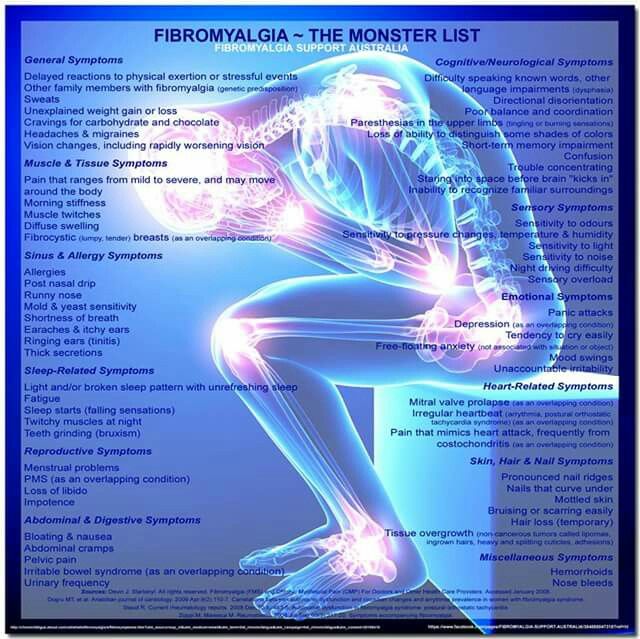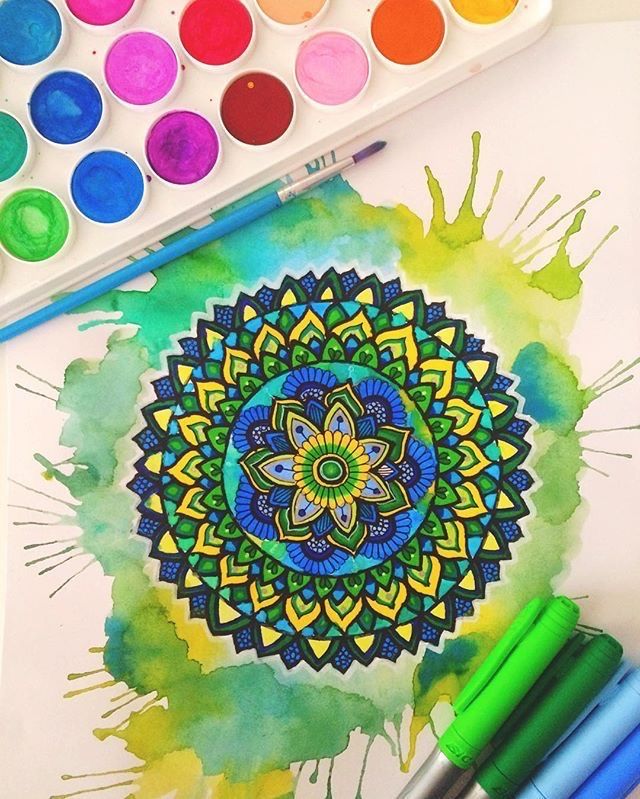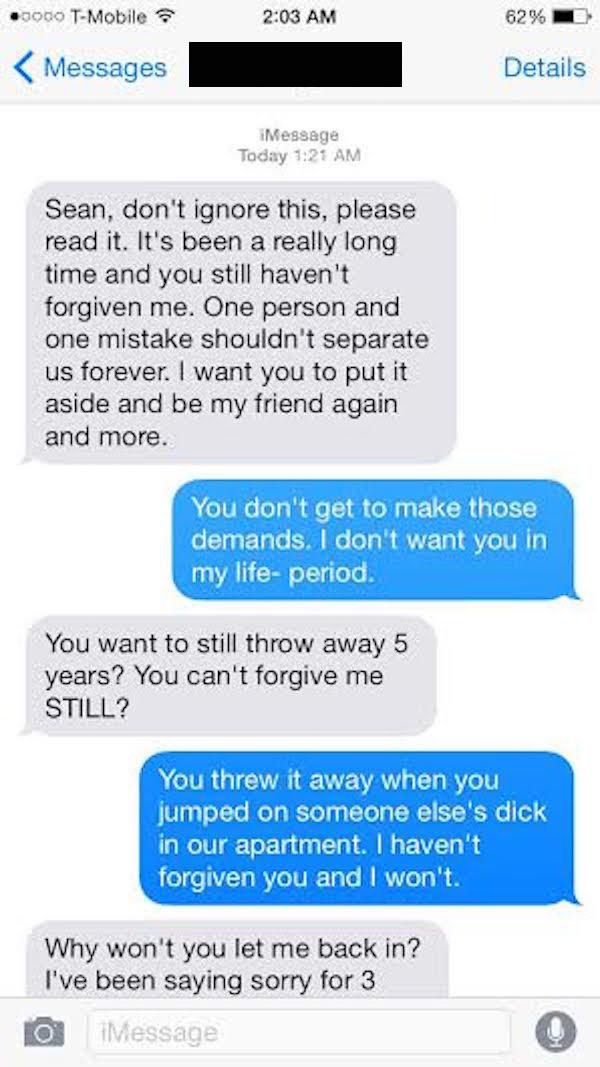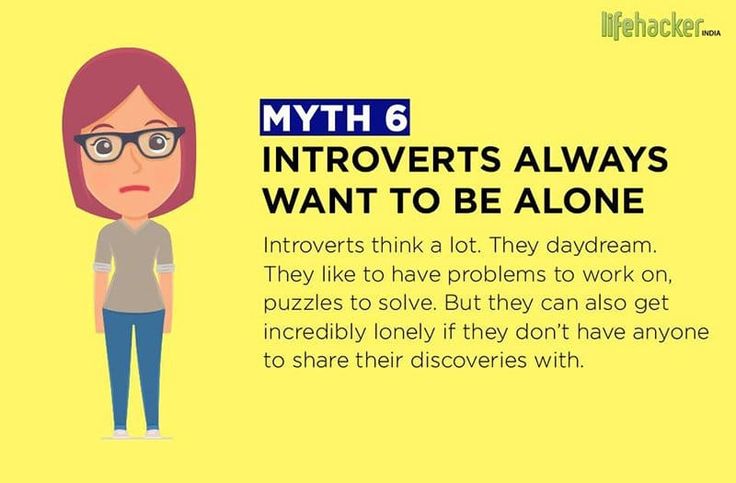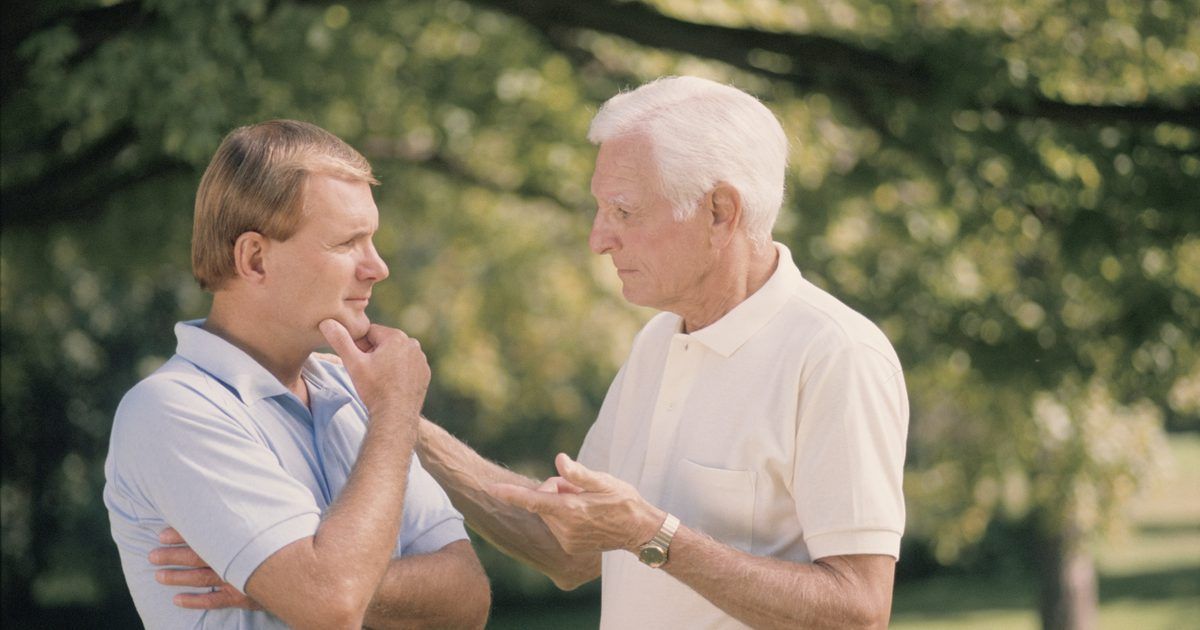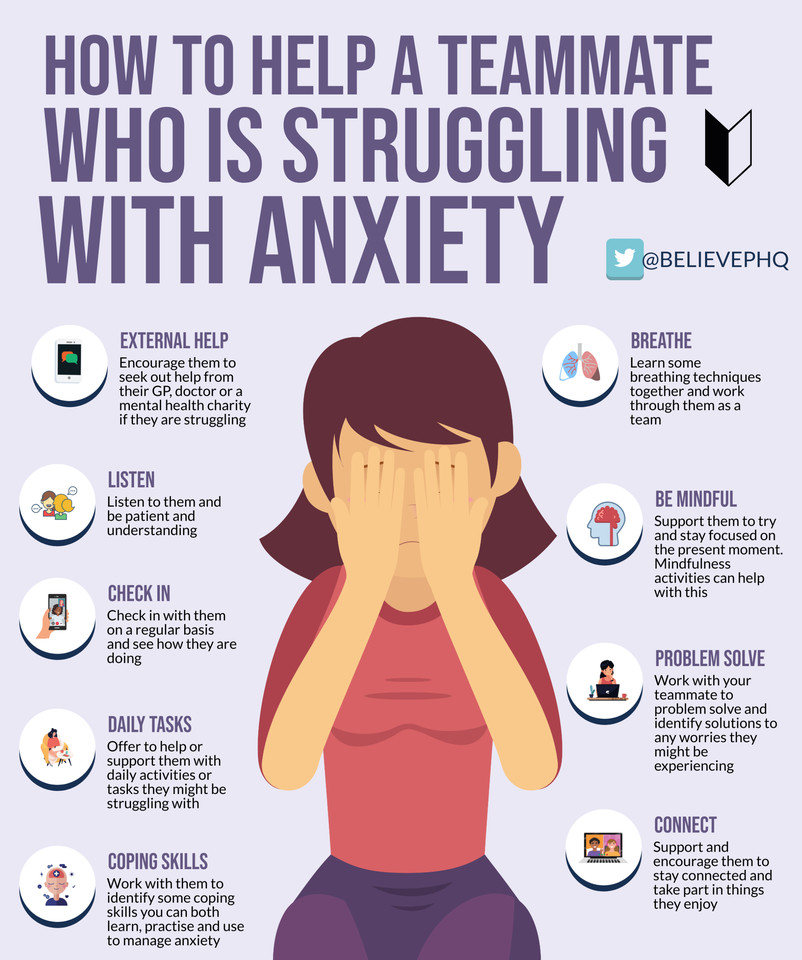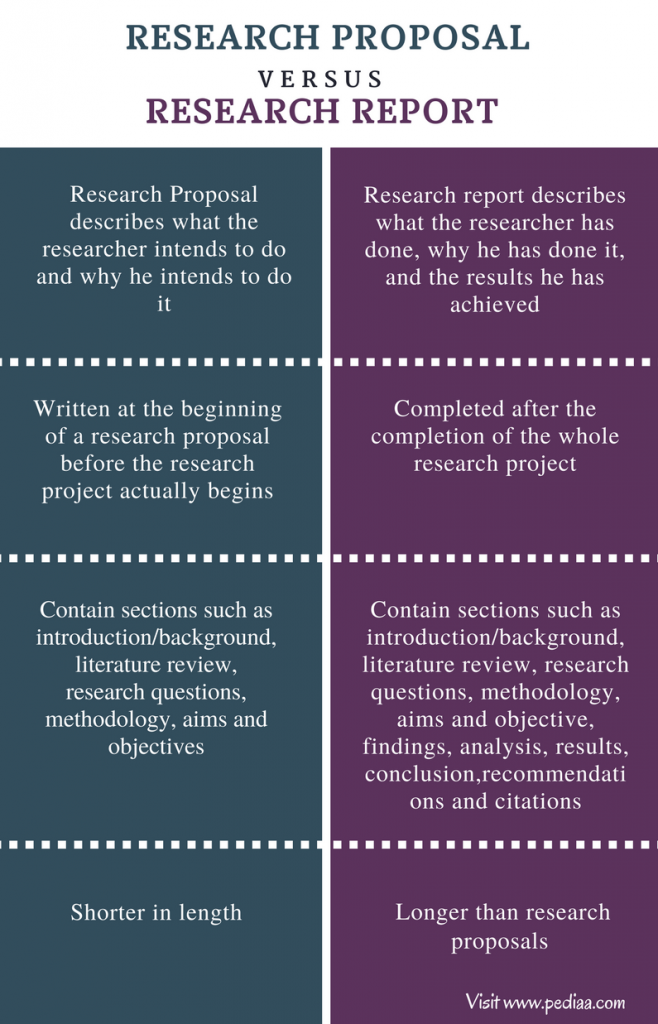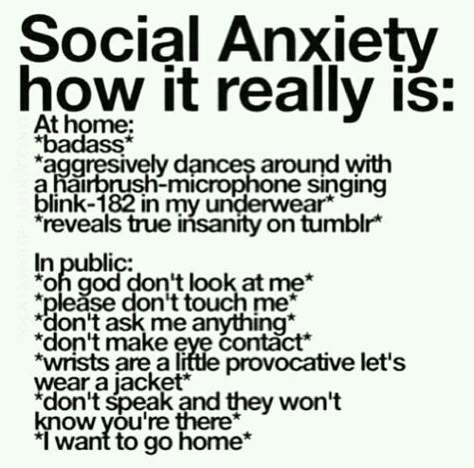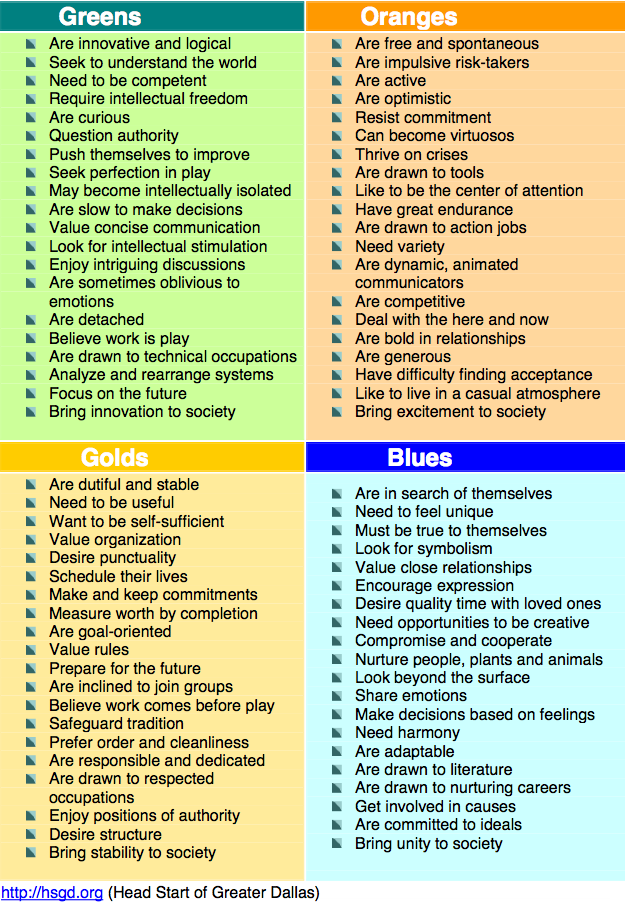Panic attack while falling asleep
Mini Panic Attacks When Falling Asleep? Here's Why
Hypnic jerks or nocturnal panic attacks could jolt you awake in a state of panic. Whatever the cause, there are ways to manage anxiety at night.
If you wake up at 2 a.m. in a panic (and it’s not because you had too much caffeine before bed), you may be experiencing a nighttime or nocturnal panic attack.
Nighttime panic attacks can feel incredibly similar to daytime panic attacks — with rapid, short breaths and a racing heart rate.
When you wake up from sleep in a state of panic, it could also be caused by other things like hypnic jerks. No matter the cause, you can take steps to relieve distress and symptoms.
Hypnic jerks are involuntary muscle contractions that some people experience as they’re falling asleep. They usually occur during the transitions between your sleep-wake cycle.
These twitches or “hypnic jerks” are pretty common, often mild, and even unnoticeable. However, sometimes these spasms may be strong enough to startle you or jolt you awake.
A 2016 study found that hypnic jerks are “highly sporadic and affect all ages and both sexes with prevalence between 60% and 70% in the general population.”
There’s a good chance these “jerks” or “twitches” have happened to you, and you may not have known it!
More than hypnic jerks
If your nighttime jerking or jolting is accompanied by feelings of distress, there may be more at play.
Panic disorder is an anxiety disorder that’s characterized by repeated panic attacks and a fear of having them. Authors from a 2013 study noted that 18% to 45% of people with panic disorder had nocturnal panic attacks.
Though panic attacks during your waking hours can develop quickly, they usually don’t jolt you awake in a second like the ones during sleep.
Experts are still unsure what exactly causes someone to have panic attacks. However, there are a few things that may contribute to someone having nocturnal panic attacks.
This includes:
- having a family or personal history of panic attacks
- living with certain conditions, such as anxiety or depression
- experiencing traumatic life events
- changes to your brain chemistry (hormonal or from certain medications)
- feeling stressed
As with the more well-known daytime panic attacks, nighttime attacks can occur without any reason or warning. But there’s one different symptom.
But there’s one different symptom.
Unlike waking panic attacks, sleep terrors, or nightmare disorder, in a nocturnal panic attack, you’re awoken from sleep every time.
Other common symptoms may occur during waking or nighttime panic attacks, including:
- a fast or racing heart rate
- shaking or trembling
- sweating
- difficulty breathing
- tingling
- dizziness
- chills or hot flashes
- fear of losing control
- fear of dying
- chest pain or discomfort
- feeling like you’re choking
Panic attacks and anxiety — whether during the day or at night — can feel frightening, but they’re not dangerous.
One of the most stressful things about nighttime panic is that you just don’t know when it’s going to happen, so you feel like you can’t prepare. There are actually several things you can do to help manage your anxiety before and in the moment, so you can get back to sleep.
Practice mantras
A mantra is a helpful saying you use to affirm yourself when needed. When nighttime panic arises, you could try saying mantras to help calm down so you can go back to sleep.
When nighttime panic arises, you could try saying mantras to help calm down so you can go back to sleep.
Dr. Kathy HoganBruen, clinical psychologist and founder of District Anxiety Center, suggests the following mantras:
- “Panic is uncomfortable but not dangerous.”
- “This is my body’s hardwired reaction to stress, but just like a faulty or very sensitive smoke detector, the alarm going off doesn’t necessarily signal any true danger or emergency.”
- “Now is the time to sleep, and tomorrow is the time to address any pressing issues.”
Try mindfulness
Mindfulness is a technique where you’re aware of what is presently happening in your body and mind without any judgment.
“Do a body scan from head to toe to notice and feel sensations and thoughts, but without deeming them troubling. Like a fly on the wall, just observe,” says HoganBruen.
Instead of letting your mind spin out of control, you can mindfully focus on the present moment without worrying about things that just happened or haven’t happened yet.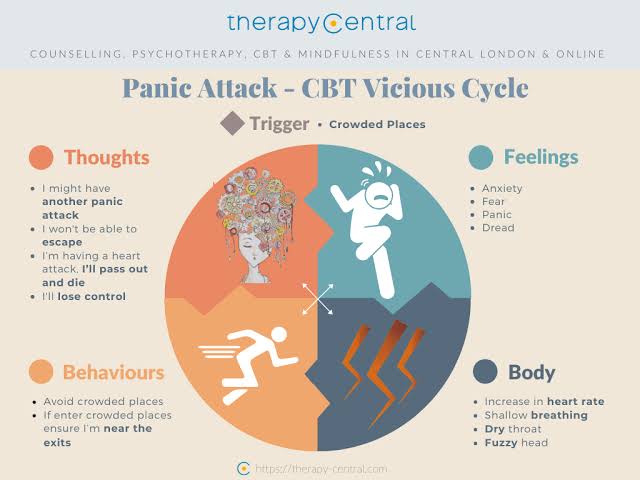
You may want to try a meditation app that has sleep meditations, which can mindfully guide you back to sleep.
Focus on your breath
If you’ve ever had a panic or anxiety attack before, then you know that regulating your breathing isn’t easy when you’re panicking.
But by leveraging deep breathing exercises for anxiety, you can get your nervous system back to a state of calm which can help with that fight-or-flight response you’re going through and thus help you sleep, explains HoganBruen.
Try CBT
Dr. Bryan Bruno, medical director for Mid City TMS in New York, suggests cognitive behavioral therapy (CBT), a type of talk therapy. He says, “This form of psychotherapy helps patients confront their fears and anxieties in a controlled environment.”
“Therapists may also offer tips for better sleep hygiene and coping mechanisms to control or de-stress after a nocturnal anxiety attack,” he explains.
Experiencing nocturnal panic attacks can be just as intense and scary as daytime panic attacks, but with the added suddenness of waking you up.
But whether awake or asleep, panic attacks are not dangerous. You can use several coping tools to get through the panic and get back to what you were doing — like sleeping.
You could:
- practice mantras
- try mindfulness
- focus on your breath
If nighttime panic attacks are affecting your quality of life, you may want to consider speaking with a mental health professional or sleep specialist. Their knowledge and experience can help you find tools and treatments that will work best for you.
Mini Panic Attacks When Falling Asleep? Here's Why
Hypnic jerks or nocturnal panic attacks could jolt you awake in a state of panic. Whatever the cause, there are ways to manage anxiety at night.
If you wake up at 2 a.m. in a panic (and it’s not because you had too much caffeine before bed), you may be experiencing a nighttime or nocturnal panic attack.
Nighttime panic attacks can feel incredibly similar to daytime panic attacks — with rapid, short breaths and a racing heart rate.
When you wake up from sleep in a state of panic, it could also be caused by other things like hypnic jerks. No matter the cause, you can take steps to relieve distress and symptoms.
Hypnic jerks are involuntary muscle contractions that some people experience as they’re falling asleep. They usually occur during the transitions between your sleep-wake cycle.
These twitches or “hypnic jerks” are pretty common, often mild, and even unnoticeable. However, sometimes these spasms may be strong enough to startle you or jolt you awake.
A 2016 study found that hypnic jerks are “highly sporadic and affect all ages and both sexes with prevalence between 60% and 70% in the general population.”
There’s a good chance these “jerks” or “twitches” have happened to you, and you may not have known it!
More than hypnic jerks
If your nighttime jerking or jolting is accompanied by feelings of distress, there may be more at play.
Panic disorder is an anxiety disorder that’s characterized by repeated panic attacks and a fear of having them.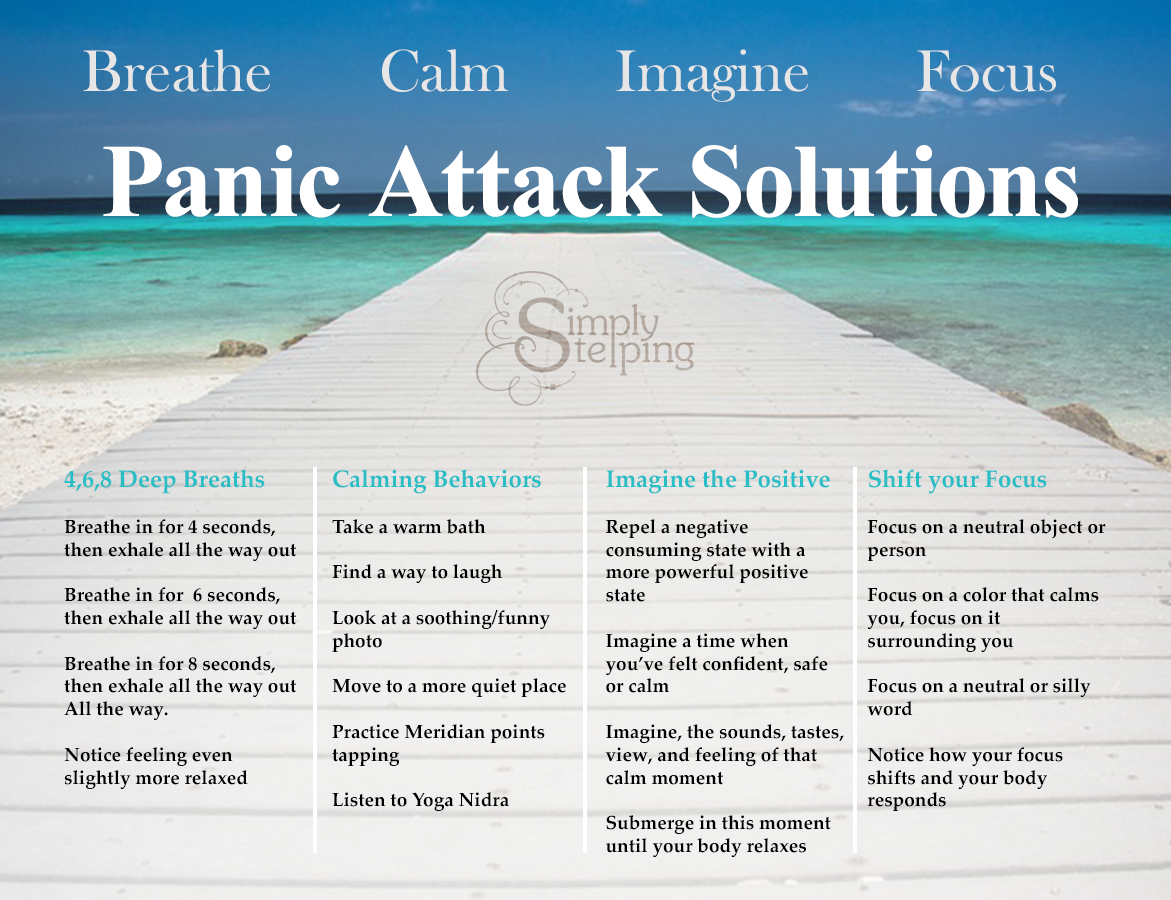 Authors from a 2013 study noted that 18% to 45% of people with panic disorder had nocturnal panic attacks.
Authors from a 2013 study noted that 18% to 45% of people with panic disorder had nocturnal panic attacks.
Though panic attacks during your waking hours can develop quickly, they usually don’t jolt you awake in a second like the ones during sleep.
Experts are still unsure what exactly causes someone to have panic attacks. However, there are a few things that may contribute to someone having nocturnal panic attacks.
This includes:
- having a family or personal history of panic attacks
- living with certain conditions, such as anxiety or depression
- experiencing traumatic life events
- changes to your brain chemistry (hormonal or from certain medications)
- feeling stressed
As with the more well-known daytime panic attacks, nighttime attacks can occur without any reason or warning. But there’s one different symptom.
Unlike waking panic attacks, sleep terrors, or nightmare disorder, in a nocturnal panic attack, you’re awoken from sleep every time.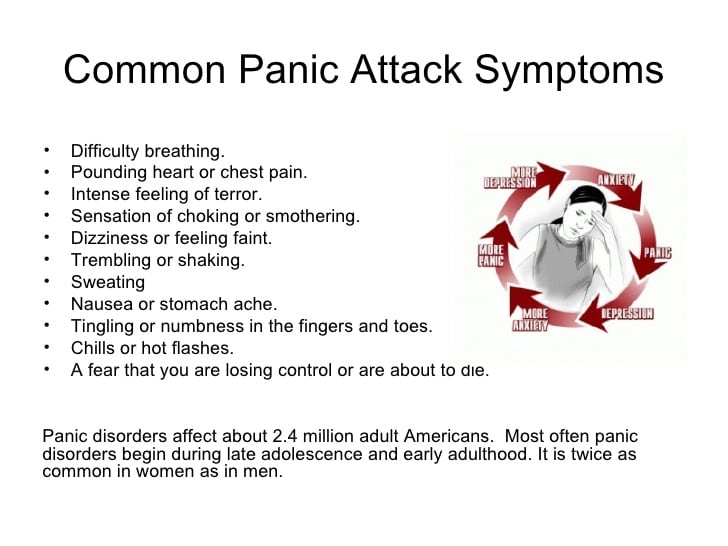
Other common symptoms may occur during waking or nighttime panic attacks, including:
- a fast or racing heart rate
- shaking or trembling
- sweating
- difficulty breathing
- tingling
- dizziness
- chills or hot flashes
- fear of losing control
- fear of dying
- chest pain or discomfort
- feeling like you’re choking
Panic attacks and anxiety — whether during the day or at night — can feel frightening, but they’re not dangerous.
One of the most stressful things about nighttime panic is that you just don’t know when it’s going to happen, so you feel like you can’t prepare. There are actually several things you can do to help manage your anxiety before and in the moment, so you can get back to sleep.
Practice mantras
A mantra is a helpful saying you use to affirm yourself when needed. When nighttime panic arises, you could try saying mantras to help calm down so you can go back to sleep.
Dr. Kathy HoganBruen, clinical psychologist and founder of District Anxiety Center, suggests the following mantras:
- “Panic is uncomfortable but not dangerous.”
- “This is my body’s hardwired reaction to stress, but just like a faulty or very sensitive smoke detector, the alarm going off doesn’t necessarily signal any true danger or emergency.”
- “Now is the time to sleep, and tomorrow is the time to address any pressing issues.”
Try mindfulness
Mindfulness is a technique where you’re aware of what is presently happening in your body and mind without any judgment.
“Do a body scan from head to toe to notice and feel sensations and thoughts, but without deeming them troubling. Like a fly on the wall, just observe,” says HoganBruen.
Instead of letting your mind spin out of control, you can mindfully focus on the present moment without worrying about things that just happened or haven’t happened yet.
You may want to try a meditation app that has sleep meditations, which can mindfully guide you back to sleep.
Focus on your breath
If you’ve ever had a panic or anxiety attack before, then you know that regulating your breathing isn’t easy when you’re panicking.
But by leveraging deep breathing exercises for anxiety, you can get your nervous system back to a state of calm which can help with that fight-or-flight response you’re going through and thus help you sleep, explains HoganBruen.
Try CBT
Dr. Bryan Bruno, medical director for Mid City TMS in New York, suggests cognitive behavioral therapy (CBT), a type of talk therapy. He says, “This form of psychotherapy helps patients confront their fears and anxieties in a controlled environment.”
“Therapists may also offer tips for better sleep hygiene and coping mechanisms to control or de-stress after a nocturnal anxiety attack,” he explains.
Experiencing nocturnal panic attacks can be just as intense and scary as daytime panic attacks, but with the added suddenness of waking you up.
But whether awake or asleep, panic attacks are not dangerous.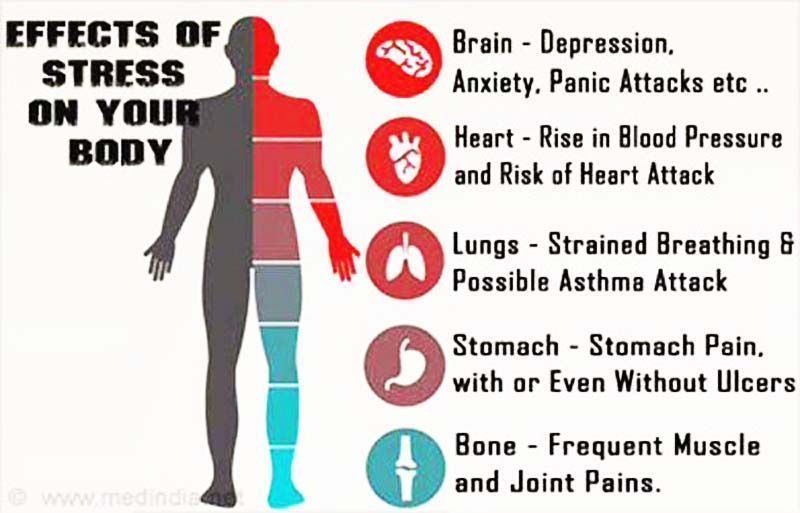 You can use several coping tools to get through the panic and get back to what you were doing — like sleeping.
You can use several coping tools to get through the panic and get back to what you were doing — like sleeping.
You could:
- practice mantras
- try mindfulness
- focus on your breath
If nighttime panic attacks are affecting your quality of life, you may want to consider speaking with a mental health professional or sleep specialist. Their knowledge and experience can help you find tools and treatments that will work best for you.
90,000 at bedtime, during sleep, after sleep.
A sudden panic attack can occur at night - before bedtime, during, and also in the early morning after sleep. Panic attacks during sleep accompany the same symptoms as daytime vegetative crises: in addition to a strong sense of fear, a person experiences suffocation, as if he does not have enough air, his heart rate increases, tremors appear in the limbs, less often - numbness, chills run through the body, and cold sweat, often against the background of an attack, an upset stomach occurs, and the feeling of anxiety increases.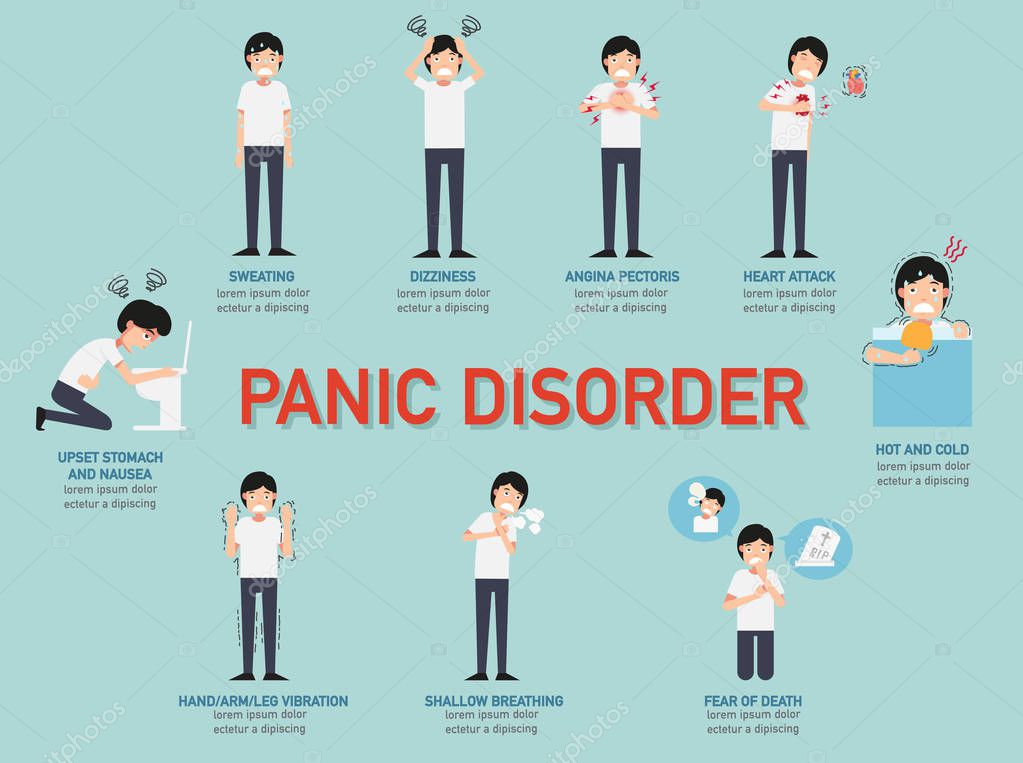 A person has a desire to go out into the air to “breathe”, call an ambulance, or even remain motionless under the covers, waiting for an attack of “horror”.
A person has a desire to go out into the air to “breathe”, call an ambulance, or even remain motionless under the covers, waiting for an attack of “horror”.
Often, panic attacks during a night's sleep are confused with a heart attack, with a normal reaction to a nightmare, or even with a slight clouding of the mind. However, the fact that a person cannot fully rest and sleep during a night's sleep is clear evidence that the balance between the mechanisms of excitation and inhibition, for which the vegetative part of the nervous system is responsible in our body, is disturbed. At the chemical level, this process in the human body is manifested by an imbalance between the production of adrenaline, norepinephrine and acetylcholine. The production of the latter becomes insufficient to “extinguish” the exciting effect of adrenaline on the body, which is why the above-described state occurs.
It should be noted separately that caffeinated drinks consumed in the late evening or early morning also often cause a panic attack in patients with impaired functioning of the autonomic nervous system.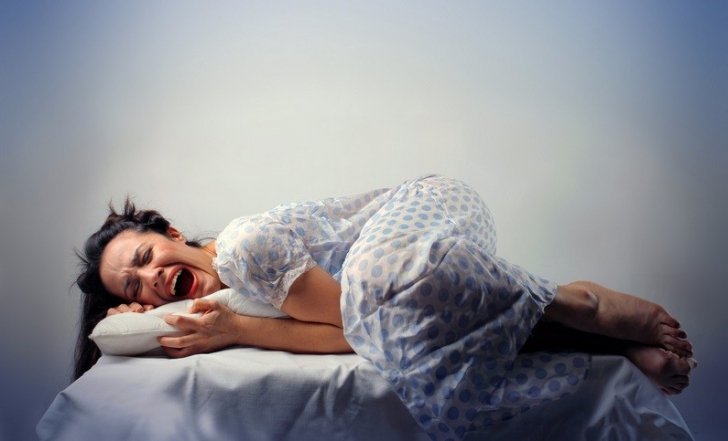
Panic attack before sleep
Panic attack at night is often manifested by insomnia. The patient cannot sleep for hours, experiencing ever-increasing anxiety. This state develops into a feeling of intense fear up to the fear of going crazy and even dying.
Anxiety can occur for no apparent reason, but more often it is caused by important events of the day ahead: a significant meeting, speech, exam, trip, etc. The attack is accompanied by obsessive thoughts: what if something does not work out? What if I get into an awkward situation? suddenly I feel bad?
Any stressful factors can serve as an additional catalyst that triggers the mechanism for the development of a panic attack at night. Thus, an unstable psycho-emotional state caused by problems in the family, at work, with money or health also creates favorable conditions for the development of night attacks. In this case, the patient is visited by obsessive thoughts related to the current state of affairs.
The patient himself may associate his “nervousness” and irrational behavior with increased emotionality and anxiety characteristic of him “in life”, and for a long time ignore his painful condition or alleviate it with the help of sleeping pills or antidepressants.
Undoubtedly, the personal qualities of a person, such as increased anxiety or emotional sensitivity, become the soil on which a disorder of the autonomic nervous system can develop. However, this is not a reason to ignore such manifestations of this disorder as panic attacks, since by letting the disease “take its own course”, we exacerbate its harmful effects on our entire body.
Thus, with a milder form of autonomic disorder, the patient may experience stomach problems only directly during the moments of his nightly "experiences". However, in a patient whose disease is already at a more advanced stage, gastrointestinal upset is observed constantly, including in the daytime, even with the slightest mental, emotional or physical stress.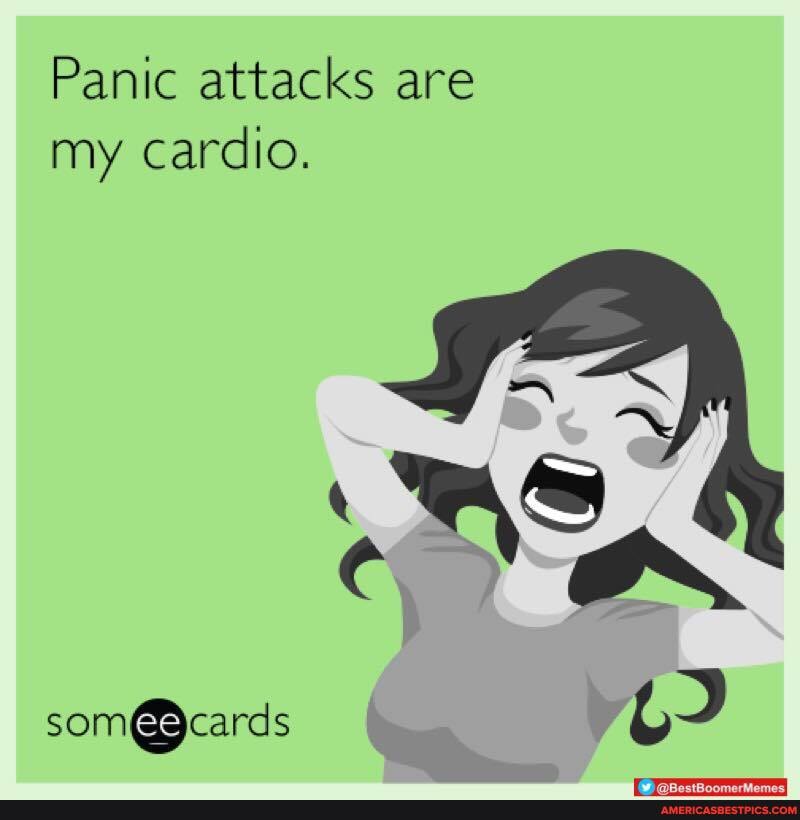 That is, the body cannot withstand the systematic load at night and the lack of proper rest during the night's sleep, the “spring” of the ANS, which is responsible for excitation and inhibition in our nervous system, eventually completely fails and autonomic nervous disorder progresses. Therefore, it is important to prevent the development of a disorder of the autonomic nervous system as early as possible.
That is, the body cannot withstand the systematic load at night and the lack of proper rest during the night's sleep, the “spring” of the ANS, which is responsible for excitation and inhibition in our nervous system, eventually completely fails and autonomic nervous disorder progresses. Therefore, it is important to prevent the development of a disorder of the autonomic nervous system as early as possible.
Panic attack in sleep
In the middle of the night, people with disorders of the autonomic nervous system are often disturbed by sudden awakenings, which seem to “throw” a person out of sleep - “as if from a push”. Abrupt awakenings can be accompanied by so-called "nightmare" dreams, which are often perceived by the patient as the main cause of fear, increased heart rate, chills, sweat and other symptoms, which are actually direct symptoms of a panic attack at night.
"Nightmares" often accompany a panic attack in a dream and are direct evidence of an autonomic disorder of the nervous system.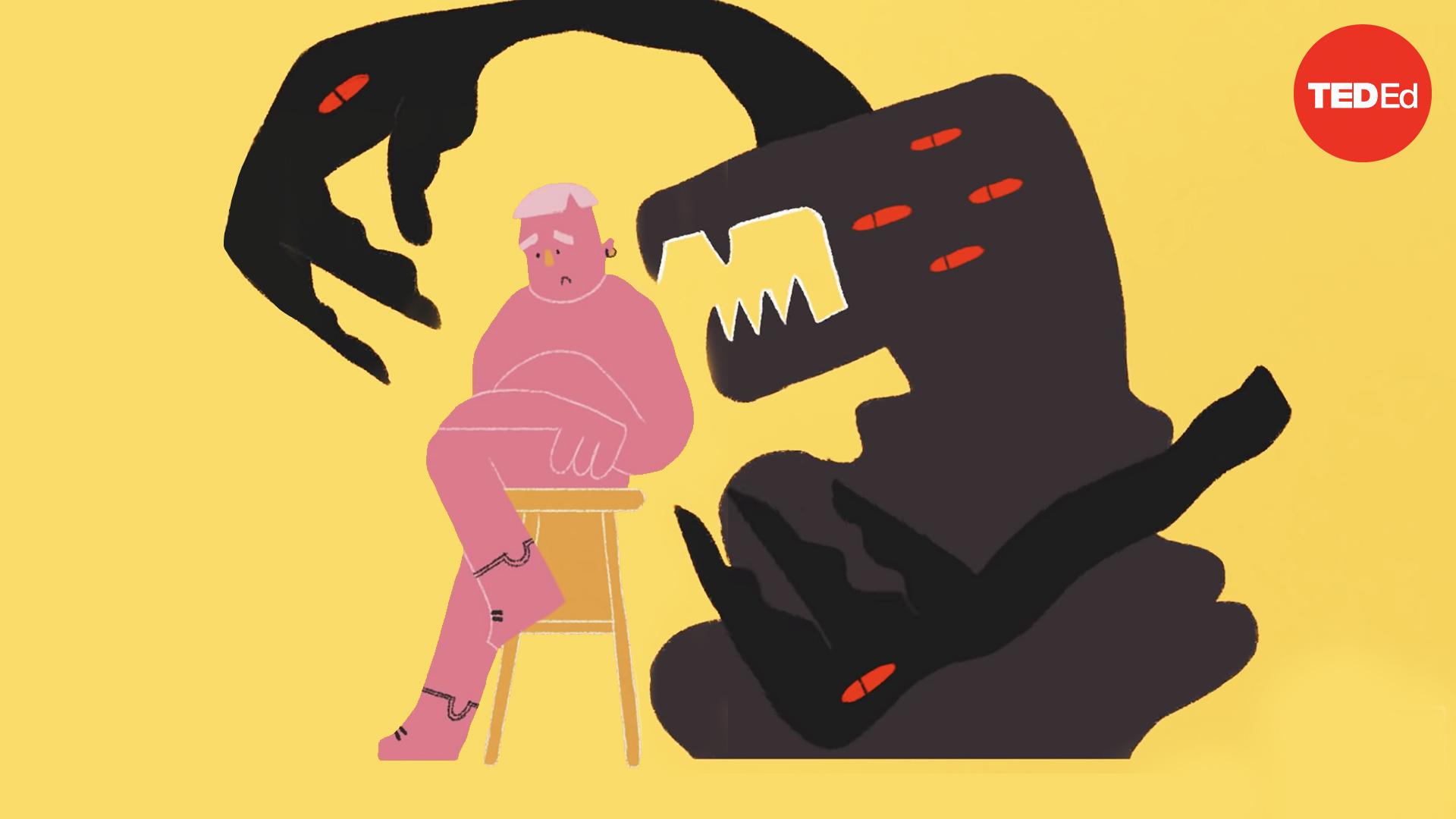 This phenomenon is also associated with excessive production of adrenaline in the blood even at a time when our body is trying to tune in to rest: the harmonious unity of the chemical processes occurring in our body is disrupted, and sleep is abruptly interrupted.
This phenomenon is also associated with excessive production of adrenaline in the blood even at a time when our body is trying to tune in to rest: the harmonious unity of the chemical processes occurring in our body is disrupted, and sleep is abruptly interrupted.
Panic attack after sleep
Panic attack may occur in the early morning. Long before the alarm should go off, a person suddenly wakes up from a strong sense of unreasonable anxiety and can no longer sleep. The attack is accompanied by obsessive thoughts and feelings of "brokenness", fatigue. The person does not feel rested, but can no longer fall asleep. Symptoms of a panic attack after sleep: a person wakes up abruptly in a strong agitation, reaching the fear of death, feels chills or, conversely, a flush of heat, a rapid heartbeat, trembling in the body, headache, nausea or diarrhea are possible.
A person who has suffered a panic attack before, during or after a night's sleep experiences a breakdown in the morning and throughout the day, loses interest in life, he has a fear of leaving the house, going to work or school, that is, new panic attacks. In parallel, an additional burden is placed on the entire body, the psycho-emotional background worsens, and, as a result, the disease progresses. Subsequently, the patient is afraid to go to bed again, as there is fear of fear itself, which becomes a faithful companion of a night's sleep. Thus, the human condition only worsens. Therefore, it is very important to identify and diagnose a disorder of the autonomic nervous system, manifested by a panic attack during a night's sleep, at an early stage of development and put your nervous system in order.
In parallel, an additional burden is placed on the entire body, the psycho-emotional background worsens, and, as a result, the disease progresses. Subsequently, the patient is afraid to go to bed again, as there is fear of fear itself, which becomes a faithful companion of a night's sleep. Thus, the human condition only worsens. Therefore, it is very important to identify and diagnose a disorder of the autonomic nervous system, manifested by a panic attack during a night's sleep, at an early stage of development and put your nervous system in order.
The Clinical Center for Autonomic Neurology offers innovative methods for diagnosing and treating panic attacks at night with the help of direct physical impact on the autonomic nerve ganglions using various physiotherapeutic methods. The effectiveness of such treatment has been tested over the years and the positive results of the treatment of our patients.
Treatment of panic attacks in Moscow
Panic attacks before sleep, panic attacks while falling asleep
- Home
- Get rid of panic attacks before bed
Services
Appointment
Your name*
Telephone*
Message
Enter characters from the picture*:
I agree with the processing of my personal data in accordance with the privacy policy
I agree to receive marketing communications
Attacks of unexplained anxiety mainly occur during wakefulness, but may occur before sleep or during sleep. Faced with an unpleasant and frightening sensation once, a person fearfully expects a repetition. Against this background, he develops insomnia, constant fatigue, phobias and disorders.
Faced with an unpleasant and frightening sensation once, a person fearfully expects a repetition. Against this background, he develops insomnia, constant fatigue, phobias and disorders.
Symptoms of PA
The exact cause of panic attacks is not known. Doctors note that in 15% of cases, the violation is based on heredity. An attack can be provoked by psychogenic, biological, physiogenic factors - from troubles at work to alcohol or coffee abuse. In other words, this disorder is the reaction of the body, the psyche to stress or exceeding our capabilities.
A panic attack is possible if you experience four or more of the following before falling asleep:
- palpitations;
- sweating;
- chill, internal trembling, heat-cold;
- feeling short of breath;
- discomfort in the left side of the chest;
- dizziness, presyncope;
- fear of death or fear of going mad;
- numbness of extremities, convulsions.
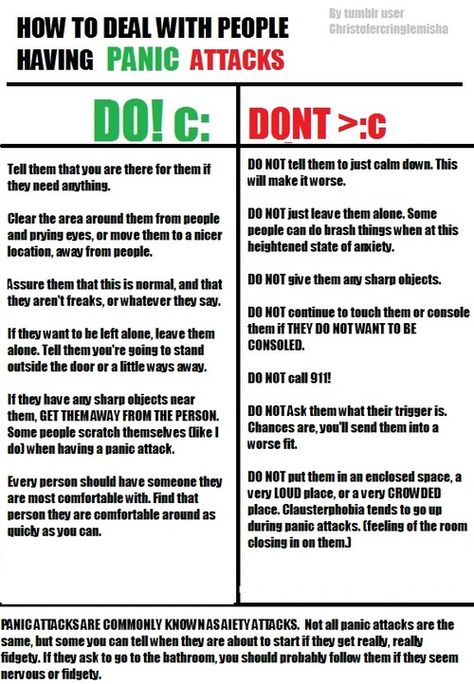
Nocturnal seizures occur suddenly, often between 12 am and 4 am, peaking within 10 minutes. The duration of the panic is 15-30 minutes, after which the person experiences weakness, weakness, or, conversely, relief. The harder he suffered the first attack, the more difficult it is for him to fight it further.
Unreasonable panic at night: what to do?
- Feeling the approach of a panic attack when falling asleep, do not jump out of bed, do not run - muscle tension enhances vegetative reactions and arousal.
- Calm down, take two short breaths and one long breath. 3-4 repetitions restore heart rate, lower blood pressure.
- Tighten your forearms on both hands. Twist the brushes clenched into a fist clockwise. Do 3-4 sets with the maximum tension of the forearms. Finally, a relaxing exhalation.
- Massage of fingers, ears, hands will help to relax.
- Switch thoughts, for example, consider the surrounding objects, count their number.
